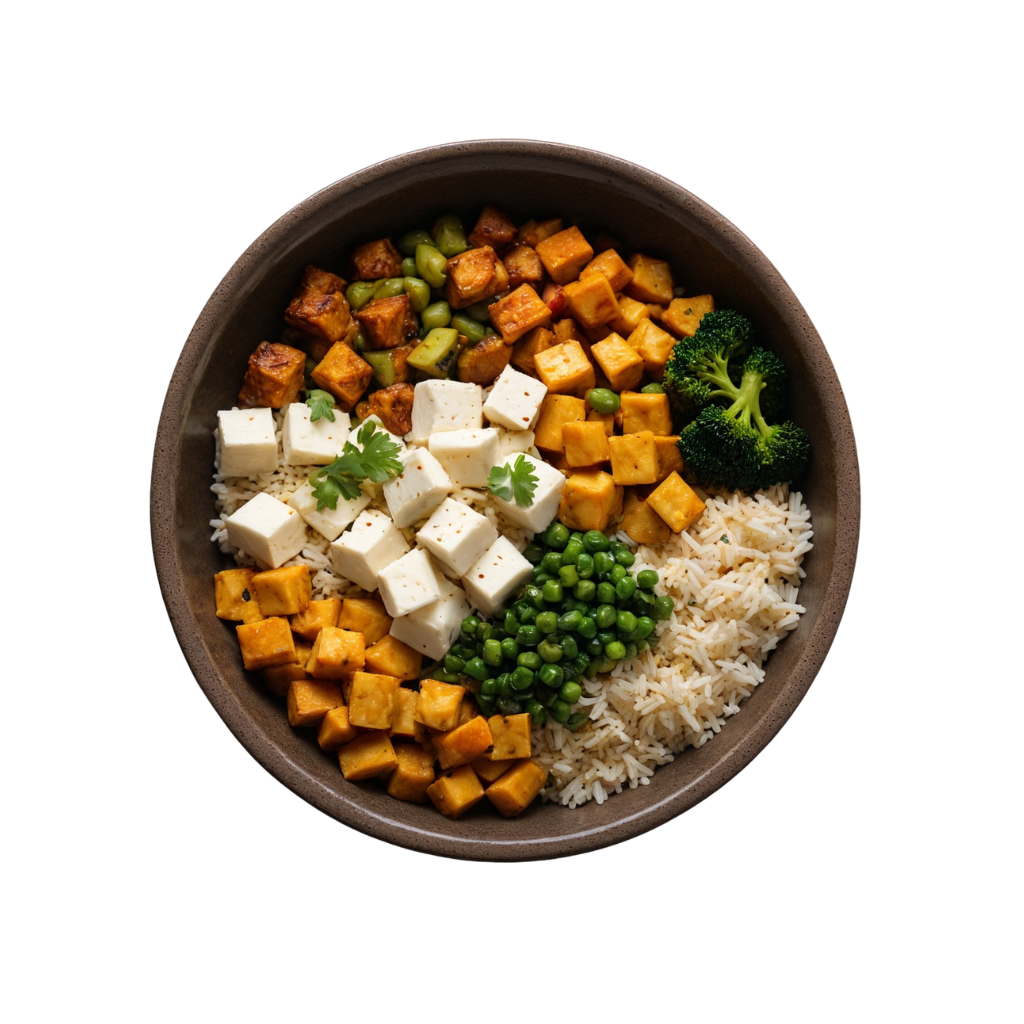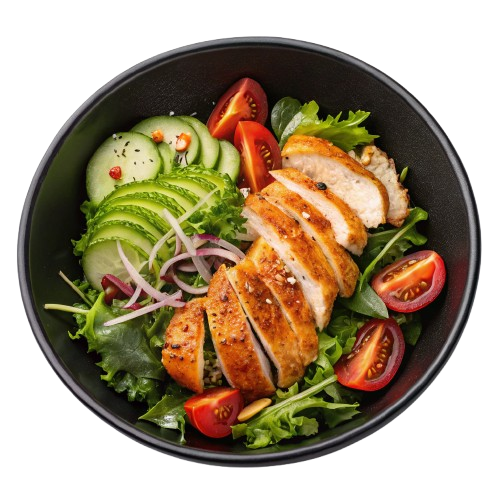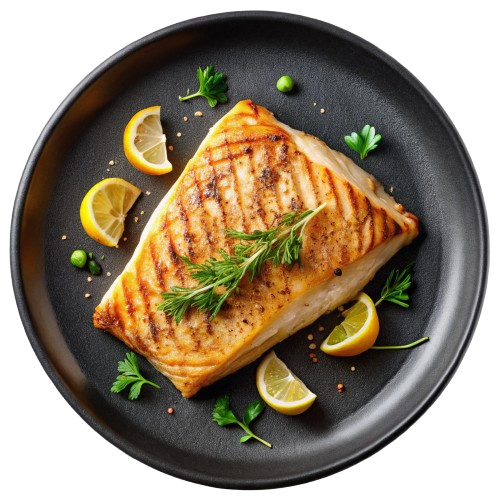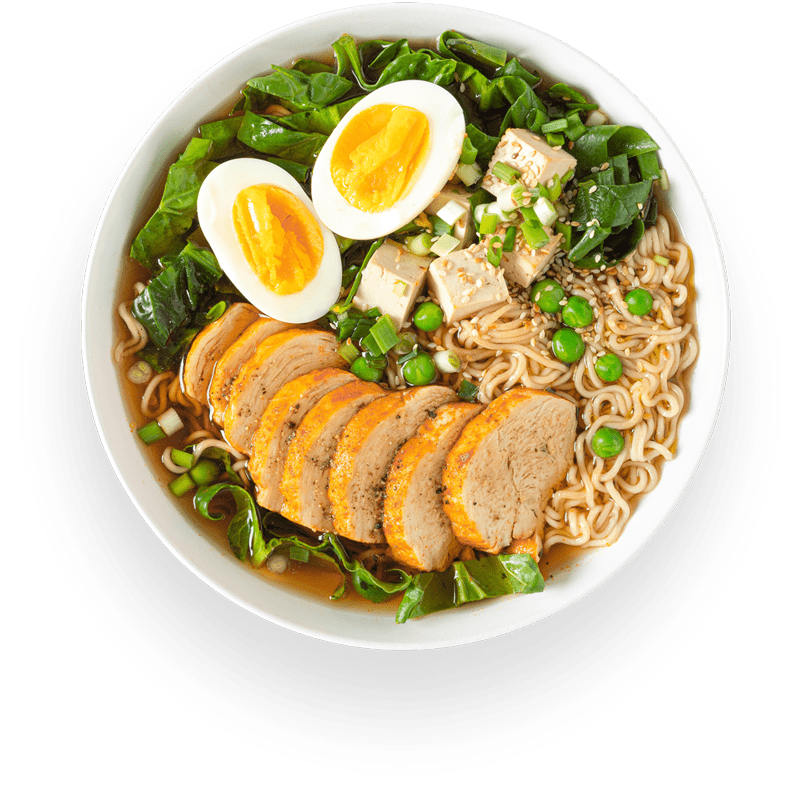
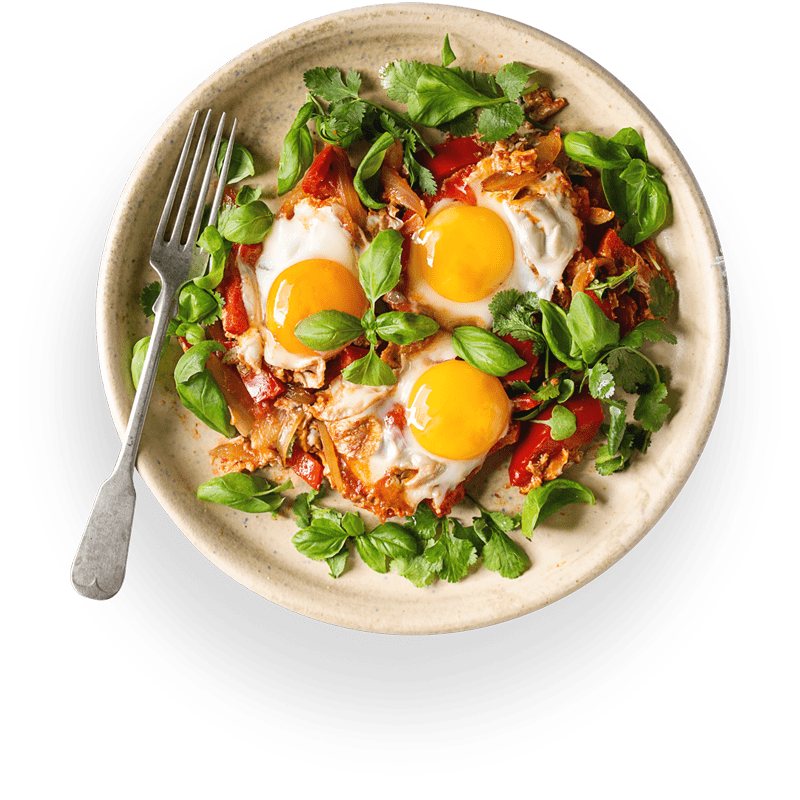

Fuel Your Fitness: The Best Pre- and Post-Workout Meals for Performance and Recovery
When it comes to crushing your fitness goals, what you eat before and after your workout matters just as much as your reps and sets. From boosting energy levels to promoting muscle repair and enhancing recovery, smart pre- and post-workout nutrition can be the game-changer your routine needs. Whether you’re a weekend warrior, gym regular, or endurance athlete, this guide explores the science behind workout meals, timing, and the best foods to optimize your results.
In this comprehensive blog post, you’ll learn the difference between pre- and post-workout needs, how to craft the ideal pre-workout meal, what to eat after you train, and how to tailor your nutrition strategy for muscle gain, performance and recovery, and long-term health.

Outline: Optimizing Pre- and Post-Workout Meals for Peak Performance
- Why Pre- and Post-Workout Nutrition Matters
- What to Eat Before a Workout for Maximum Energy
- Timing Your Pre-Workout Meal or Snack
- The Best Foods for a Pre-Workout Meal
- The Importance of Post-Workout Nutrition for Recovery
- Top Post-Workout Meals to Rebuild Muscle
- Nutrient Timing and the Recovery Process
- Smart Choices When You’re Short on Time
- Combining Carbs and Protein for Optimal Results
- Long-Term Nutrition Tips to Support Fitness Goals
1. Why Pre- and Post-Workout Nutrition Matters
Pre- and post-workout nutrition play a vital role in your overall health and fitness. Eating the right foods at the right time provides the energy to fuel your workout, prevents muscle breakdown, and speeds up muscle recovery afterward.
A strong pre-workout strategy supplies your body with carbohydrates (your main source of energy) and helps top off glycogen stores. After exercise, a solid post-workout meal helps you replenish glycogen, reduce soreness, and begin the recovery process that leads to muscle growth and improved performance.
Whether you’re training for strength, endurance, or weight loss, thoughtful workout meal planning is essential to maximize your efforts in the gym.
2. What to Eat Before a Workout for Maximum Energy
Eating the right pre-workout meal ensures your body has the fuel it needs to push through even the most intense sessions. The ideal pre-workout combo includes carbs for energy and a modest amount of protein for muscle protection.
A balanced meal or snack with whole-grain toast and greek yogurt, or oatmeal topped with banana and nut butter, can provide the source of energy your body craves. Just be cautious with fat and fiber right before training—they take longer to digest and may slow you down.
To fuel your workouts effectively, always tailor your meal to the type, intensity, and duration of your workout.
3. Timing Your Pre-Workout Meal or Snack
Timing is everything when it comes to pre-workout nutrition. A full meal should be eaten two to three hours before your workout to allow for proper digestion. If you’re eating closer to your session, go for a pre-workout snack that’s light and easily digestible.
Great snacks to eat 60 minutes or minutes before your workout include a banana with almond butter, a rice cake with honey, or a protein shake with oatmeal. These options provide quick-access carbohydrates without weighing you down.
Eating hours before your workout or too close to it can both impact exercise performance, so experiment to find your sweet spot.
4. The Best Foods for a Pre-Workout Meal
Choosing the best pre-workout foods means focusing on options that are rich in carbohydrates, contain some protein, and are low in fat. This combination helps preserve glycogen stores, supports muscle tissue, and provides lasting energy levels.
Some excellent pre-workout meal ideas:
- Brown rice and grilled chicken with steamed veggies
- Sweet potatoes with scrambled eggs
- Oatmeal with berries and a dash of cinnamon
Avoid heavy, greasy foods or anything with too much fat, as they take longer to digest and may reduce comfort during your workout.
5. The Importance of Post-Workout Nutrition for Recovery
After your workout, your body is in a state of repair. Muscles are depleted of glycogen, and micro-tears in muscle tissue need attention. That’s where post-workout nutrition comes in—it helps rebuild muscle, reduces fatigue, and sets you up for your next training session.
The post-workout meal should focus on replenishing glycogen, delivering high-quality protein, and hydrating with electrolyte-rich fluids. The goal is to aid muscle protein synthesis, reduce soreness, and accelerate the recovery process.
Experts recommend eating a post-workout meal within 30 to 60 minutes of exercise to maximize results.
6. Top Post-Workout Meals to Rebuild Muscle
Your post workout meals should combine carbohydrates and protein to support muscle repair and glycogen replenishment. An ideal post workout meal might include:
- Grilled salmon with sweet potatoes and broccoli
- A protein shake with banana and almond milk
- Whole grain pasta with turkey and marinara
These meals offer a powerful combination of protein and carbohydrates, promoting muscle gain, reducing fatigue, and supporting fitness goals.
Don’t forget to hydrate post-exercise with water or a natural electrolyte drink to help your body recover fully.
7. Nutrient Timing and the Recovery Process
Nutrient timing is the science of eating specific nutrients around your workout to optimize results. Consuming carbs and protein during your post-workout window improves muscle protein synthesis, speeds up the recovery process, and minimizes muscle soreness.
Research supports that eating within the 30 to 60 minutes window post-exercise enhances muscle recovery and helps prevent muscle breakdown. Similarly, pre-workout nutrition that includes glycogen-rich carbs can improve endurance and exercise performance.
Understanding nutrient timing gives you a powerful edge in both muscle gain and fat loss goals.
8. Smart Choices When You’re Short on Time
We all have those days where time is limited. When you’re short on time, having a go-to pre- or post-workout plan ensures you don’t skip essential workout nutrition.
Quick options include:
- Whey protein mixed with water and a banana
- A pre-workout snack like a granola bar and greek yogurt
- Post-workout meal smoothies with protein powder, berries, and oats
These quick-fix meals are perfect when you’re short on time but still want to stay aligned with your fitness goals.
9. Combining Carbs and Protein for Optimal Results
A combination of carbs and protein before and after workouts has been shown to support muscle growth, reduce muscle breakdown, and improve training results. Carbs fuel your body, while protein supports muscle repair.
The ideal ratio? Aim for 3:1 or 4:1 carbohydrate to protein in your post-workout meal. For example, 60g of carbs and 15-20g of protein depending on your size and intensity of the workout.
Don’t underestimate the power of pairing sweet potatoes with chicken or oatmeal with a protein shake—simple meals with science-backed results.
10. Long-Term Nutrition Tips to Support Fitness Goals
Consistency beats perfection in the long run. Aligning your pre- and post-workout meals with your fitness goals is key to building habits that stick. Focus on:
- Eating balanced meals with healthy fats, protein, and carbs
- Listening to your hunger cues and staying hydrated
- Planning your meal plan around training days and rest days
Over time, strategic workout nutrition supports everything from muscle gain and fat loss to better sleep and stronger immunity. Keep refining your sports nutrition approach to meet your evolving needs.
Key Takeaways
- Pre-workout meals should be rich in carbohydrates with moderate protein to fuel your body and top off glycogen stores.
- Eat your pre-workout meal two to three hours before, or a lighter snack 60 minutes before your workout.
- The best post-workout meals combine carbs and protein to support muscle repair and replenish glycogen.
- Use nutrient timing to take advantage of the 30 to 60-minute post-workout window for faster recovery.
- When short on time, opt for quick, balanced options like whey protein and a banana or greek yogurt and oats.
- Hydration is key—don’t forget electrolytes before and after intense sessions.
- Plan your meal plan around your training schedule for consistent results.
- Combining healthy fats, whole grains, and lean protein in your workout meals supports long-term performance.




